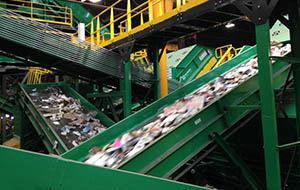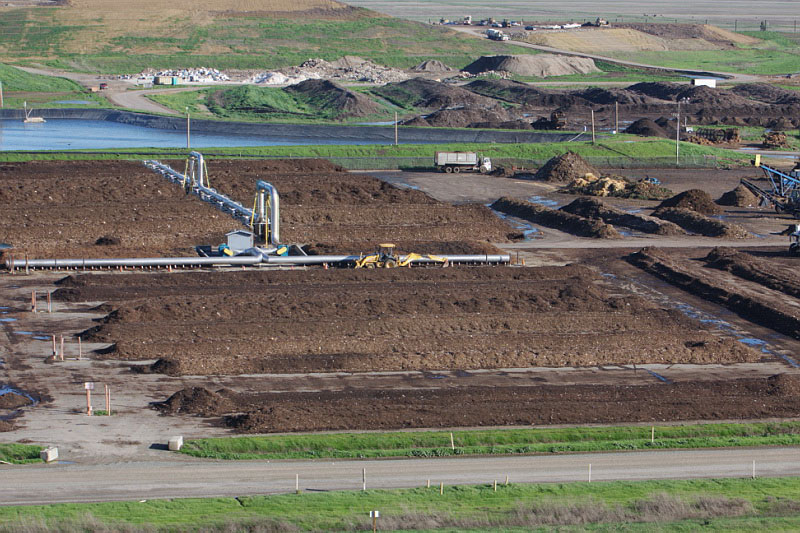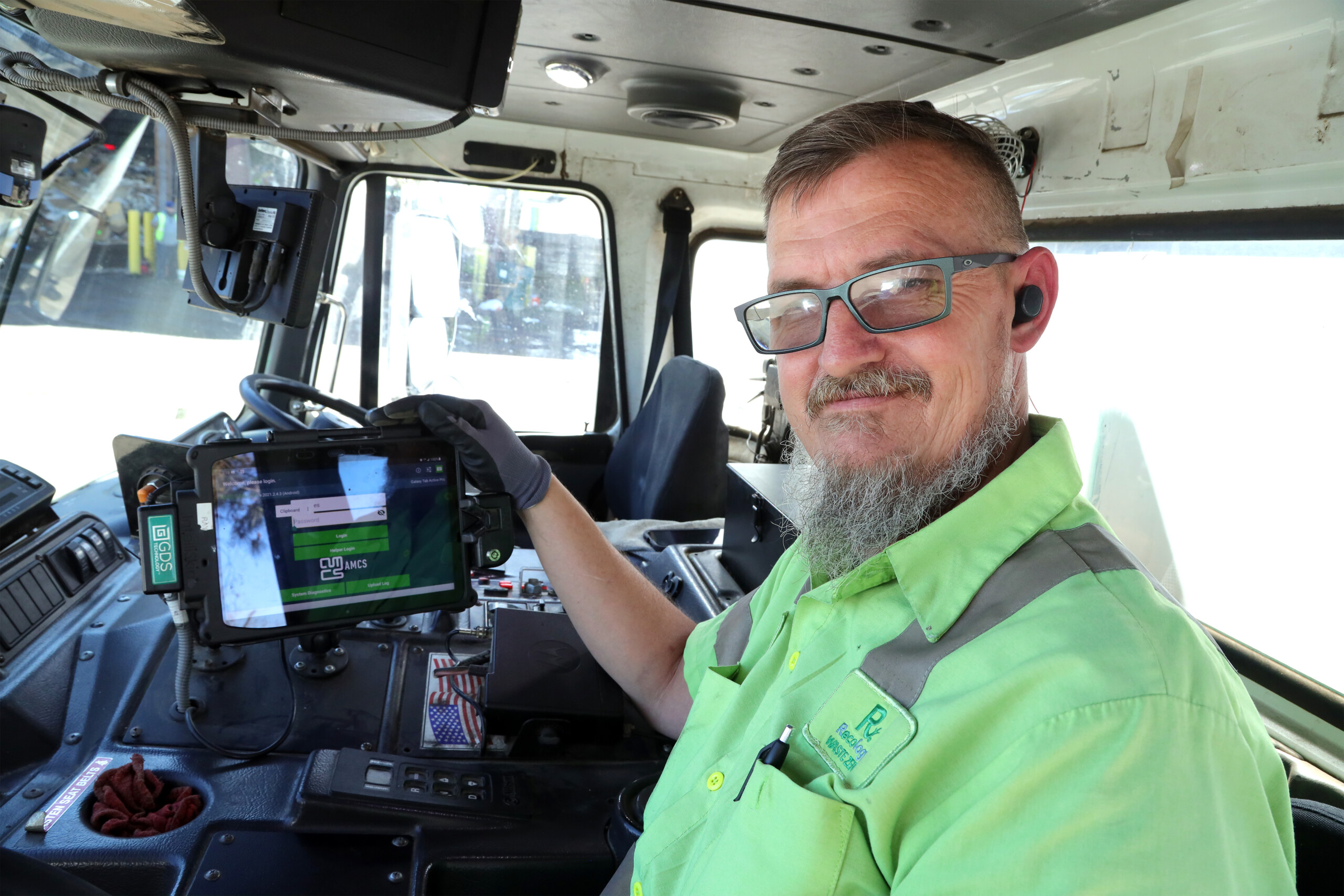Zero Waste Begins with Research
As they say, one man’s trash is another man’s treasure. Our team of engineers and sustainability experts are always searching for new uses for recovered resources. We work together with manufacturers to solve for industry-wide challenges.
Much of our work in waste processing begins with research. We take a three-pronged approach: our environmental engineering team seeks out emerging technologies throughout the world; we create pilot programs to challenge the status quo and find new answers; and we partner with other entities to research and identify new technologies for advanced materials processing.
Some Technologies We Leverage

Optical Sorting
Plastics need to be sorted into “like” plastics before baling, and optical sorting is one of the most efficient and remarkable ways to do so. The technology automatically sorts three common types of plastics with an infrared sensor: hard, clear, and colored. The sensor records the size, shape, structure, and position of the plastic on the sort line, and once identified, it hits the plastic with a strong puff of air, sending it into the correct plastics collection bin.

Negative Aerated Static Pile (ASP) Composting
Good compost needs added air and water. With a Negative ASP System, organic material sits on perforated pipes in open air, which pulls air down from the compost piles, making it easier to control moisture, oxygen, and microbial levels. The air that is pulled from the compost pile is processed through a bio-filter, which absorbs odors and volatile organic compounds.
Check out Recology Organics to buy compost.

OnPoint Pickup
Our OnPoint Pickup technology ensures timely and accurate pickups by identifying missed collections and excess materials. This advanced system on our trucks prevents service interruptions and excess waste, which helps to offer customers a reliable and efficient waste management experience.